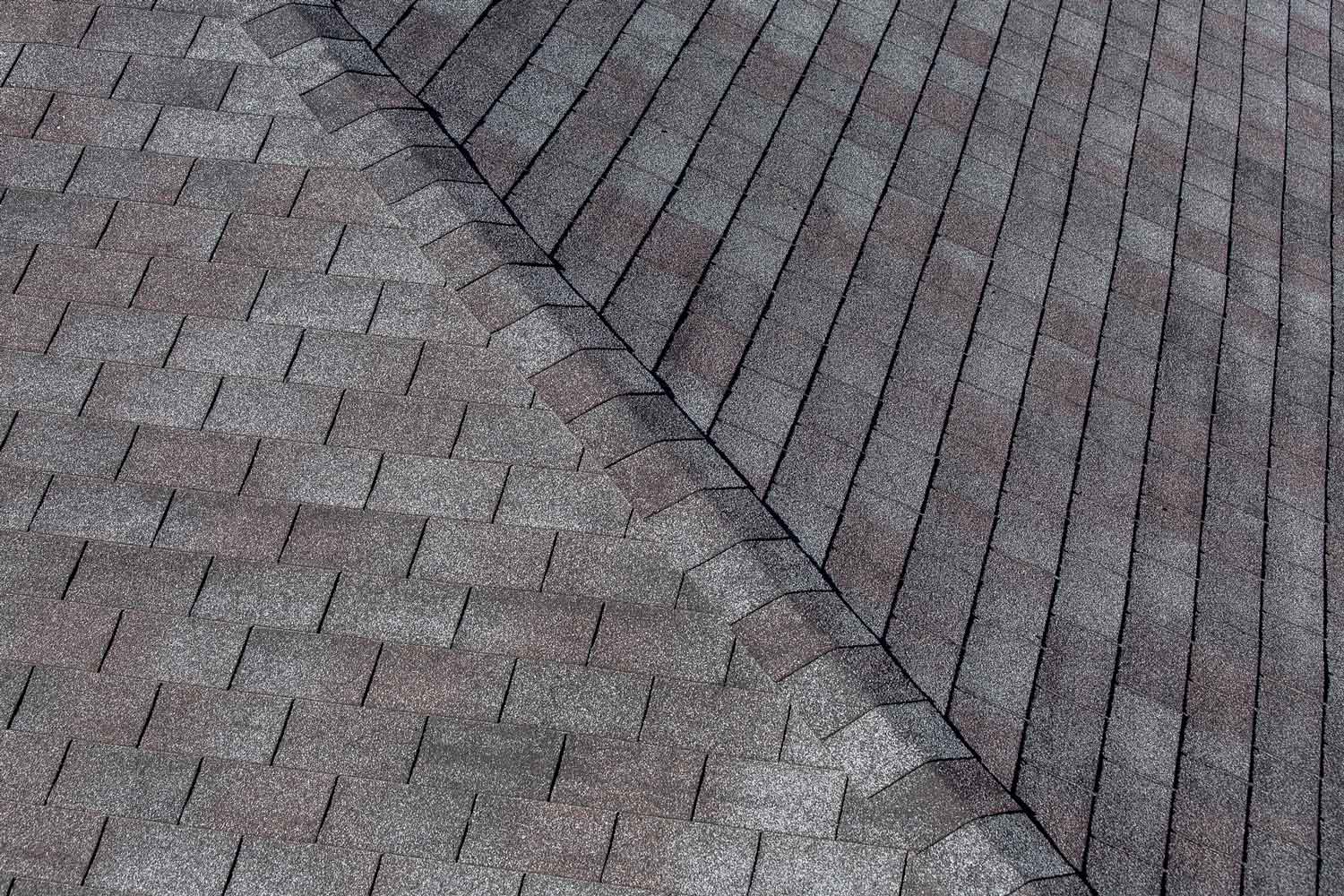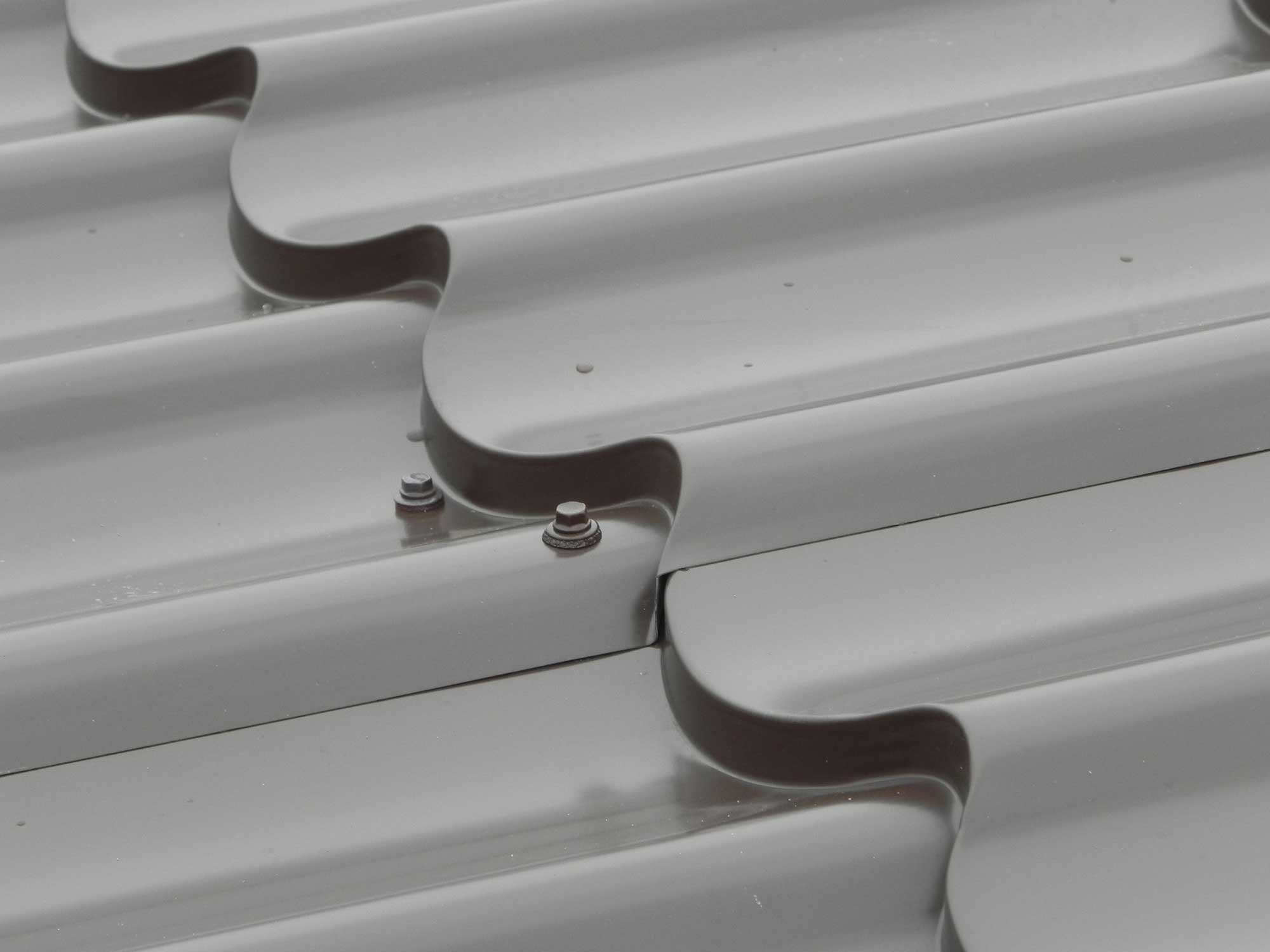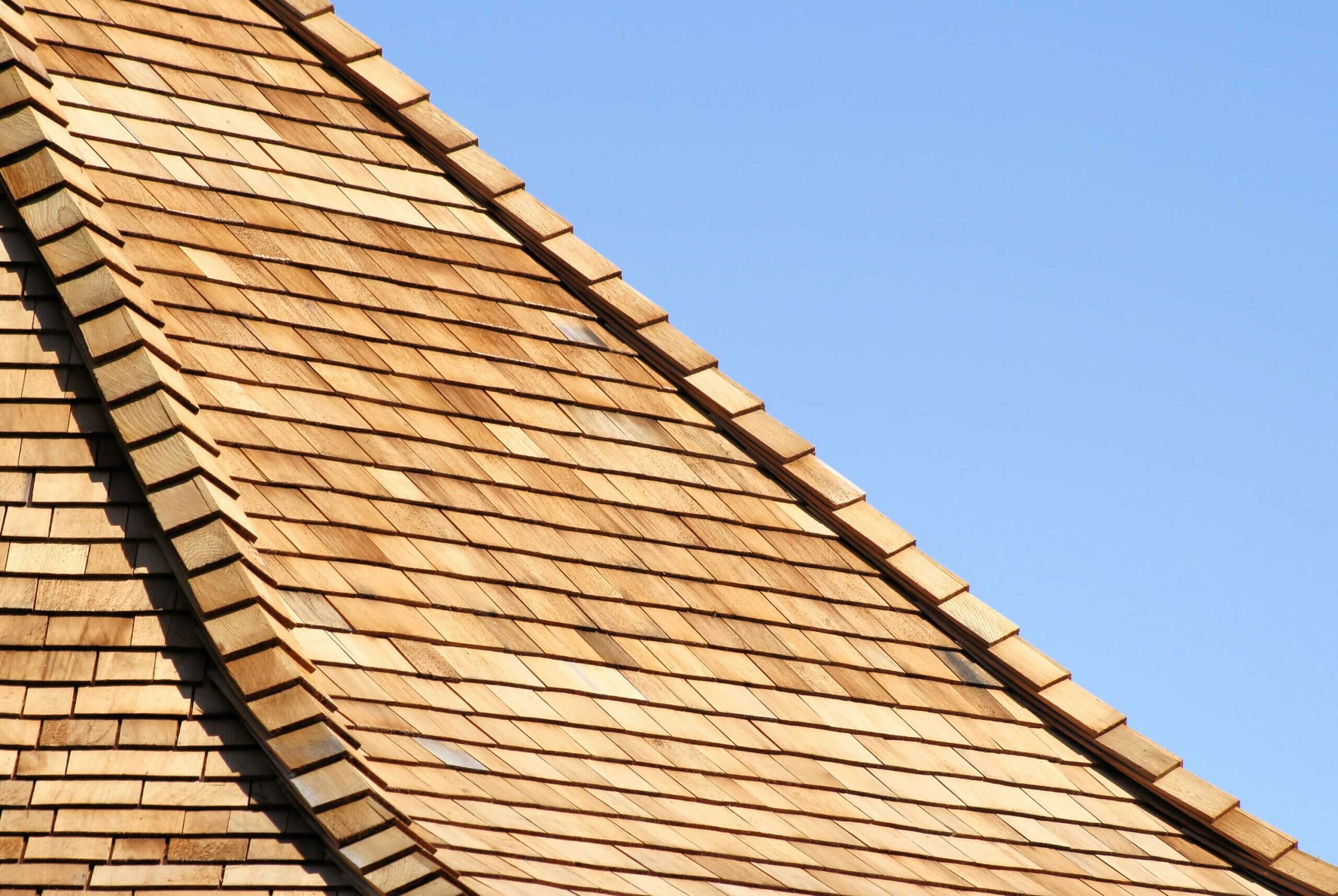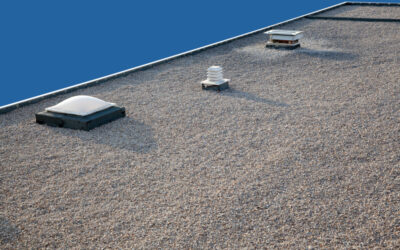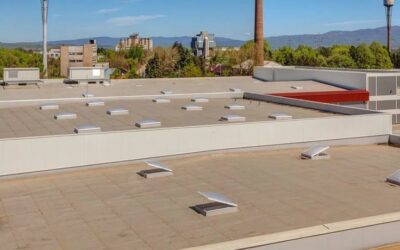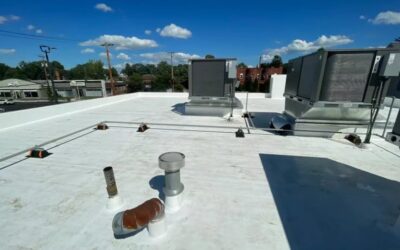Selecting the right roof for your home is a crucial decision that impacts the aesthetics, durability, and energy efficiency of your property. With a range of options available, such as asphalt, metal, cedar, and slate, it’s essential to make an informed choice. Industrial Roofing explores the key factors to consider when selecting the best roof material for your home, taking into account Philadelphia’s climate and architectural considerations.
Climate Considerations:
Philadelphia experiences a humid subtropical climate with cold winters and hot, humid summers. The first step in determining the best roof material is to consider how well it can withstand these weather conditions.
- Asphalt: Asphalt shingles are popular due to their affordability and decent performance in various climates. They handle moderate temperature fluctuations but may have a shorter lifespan compared to other materials.
- Metal: Metal roofs are highly durable and can withstand harsh weather conditions, including heavy snow and rain. They are also excellent at reflecting sunlight, making them energy-efficient during scorching summers.
- Cedar: Cedar shakes or shingles offer natural insulation properties and can withstand Philadelphia’s winter cold. However, they may be susceptible to mold and decay in the city’s humid summers.
- Slate: Slate roofs are known for their unparalleled durability and resistance to temperature fluctuations. They are an excellent choice for homes in both cold winters and hot summers.
Roof Durability:
The longevity of your roof material is a significant factor to consider when investing in a new roof. While each material has its own average lifespan, proper maintenance, and installation can extend their durability.
- Asphalt: Asphalt shingles generally last around 15-30 years, depending on the quality and climate conditions. They are more prone to damage from severe weather events.
- Metal: Metal roofs have an impressive lifespan of 50+ years when properly maintained. They are highly durable and resistant to impact, making them ideal for areas with strong winds and hail.
- Cedar: With proper maintenance, cedar roofs can last around 20-30 years. Regular inspections and treatments are necessary to prevent decay and insect infestations.
- Slate: Slate roofs are the most durable, lasting 75-100 years or even more. They are resistant to fire, insects, and rot, making them a long-term investment.
Aesthetics and Home Style:
The roof significantly contributes to the overall curb appeal of your home. Consider the architectural style and aesthetics of your property when choosing a roofing material.
- Asphalt: Asphalt shingles come in various colors and styles, making them versatile for different home designs. They are suitable for most architectural styles, from traditional to modern.
- Metal: Metal roofs have a contemporary and sleek appearance, making them an excellent choice for modern or industrial-style homes.
- Cedar: Cedar shakes provide a charming and rustic look, perfect for cottages, bungalows, and homes with a traditional or rustic design.
- Slate: Slate roofs exude elegance and timeless beauty, making them ideal for historic homes or those with a classic, upscale aesthetic.
Energy Efficiency:
Energy efficiency is becoming increasingly important for homeowners. An energy-efficient roof can help regulate indoor temperatures, reduce cooling costs in summer, and lower your carbon footprint.
- Asphalt: Asphalt shingles have moderate energy efficiency, but they can absorb heat and contribute to higher cooling costs in hot weather.
- Metal: Metal roofs are highly reflective and can reduce cooling costs significantly, making them an energy-efficient option.
- Cedar: Cedar roofs offer natural insulation, which can help with temperature regulation, but their energy efficiency may not be as high as metal or slate.
- Slate: Slate roofs provide excellent thermal insulation, keeping your home cooler in summer and warmer in winter, resulting in energy savings.
Choosing the best roof material for your home in Philadelphia involves considering various factors such as climate suitability, durability, aesthetics, and energy efficiency. Ultimately, the best roof material for your home will depend on your specific needs, preferences, and budget constraints. It is advisable to consult with Industrial Roofing, a professional roofing company in Philadelphia to make an informed decision that will protect and enhance the value of your Philadelphia home for years to come.


